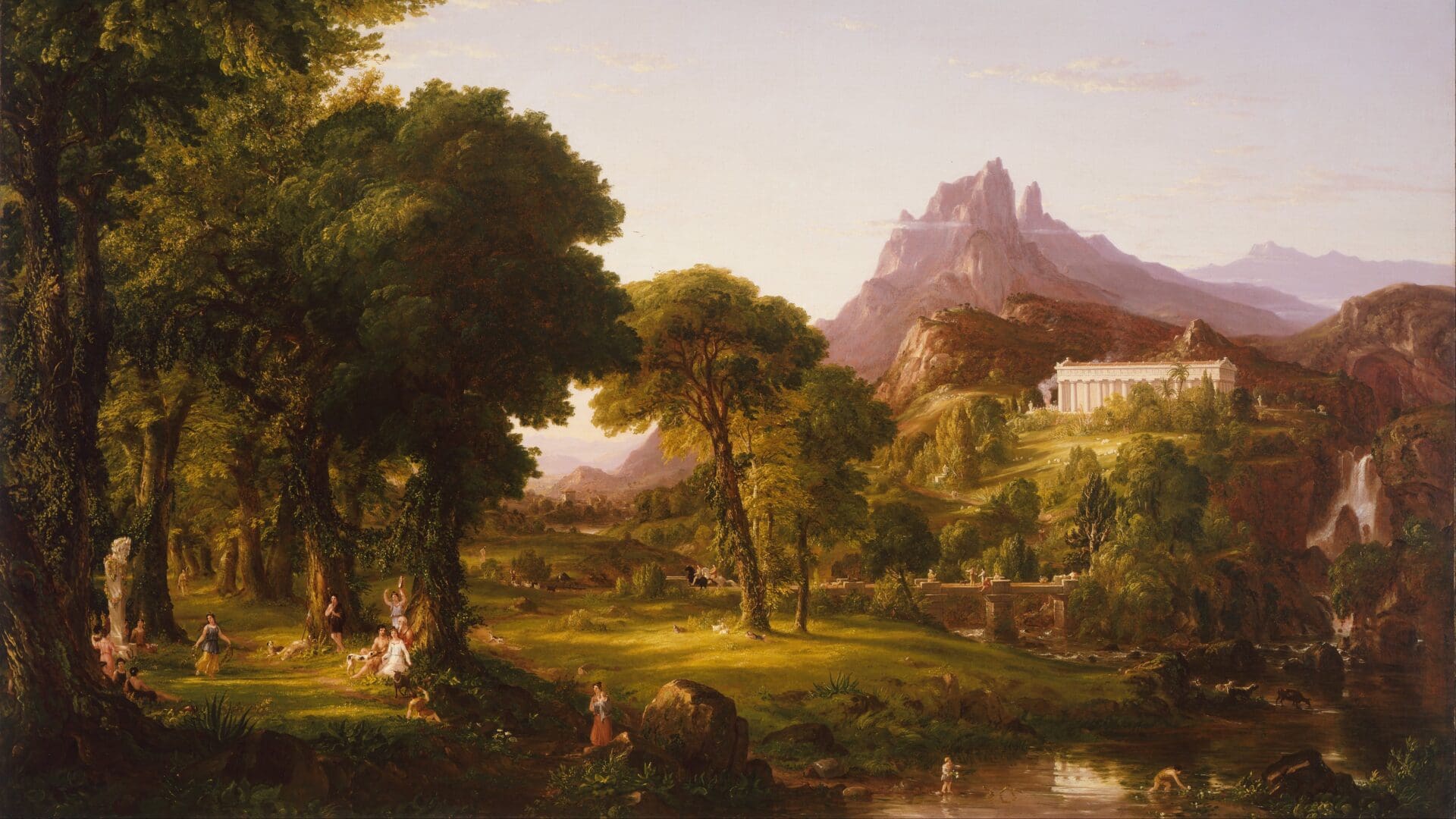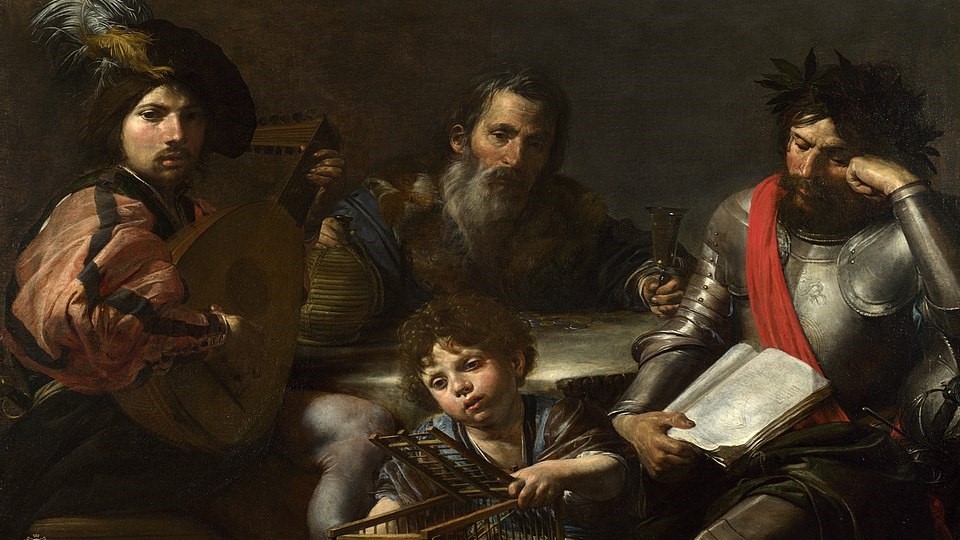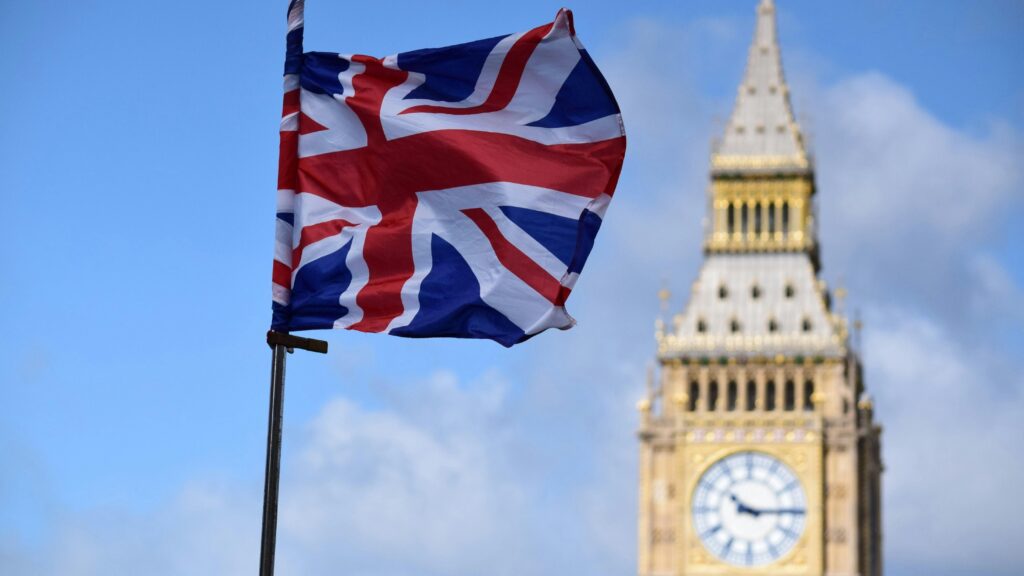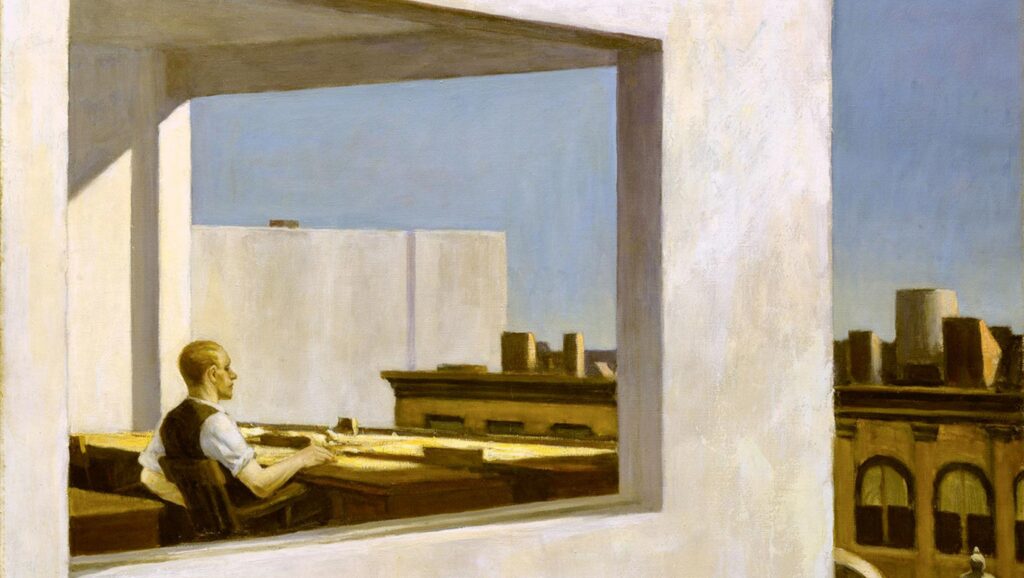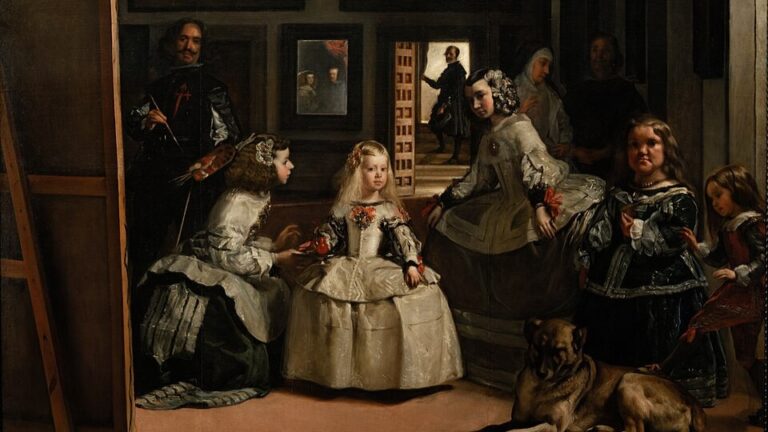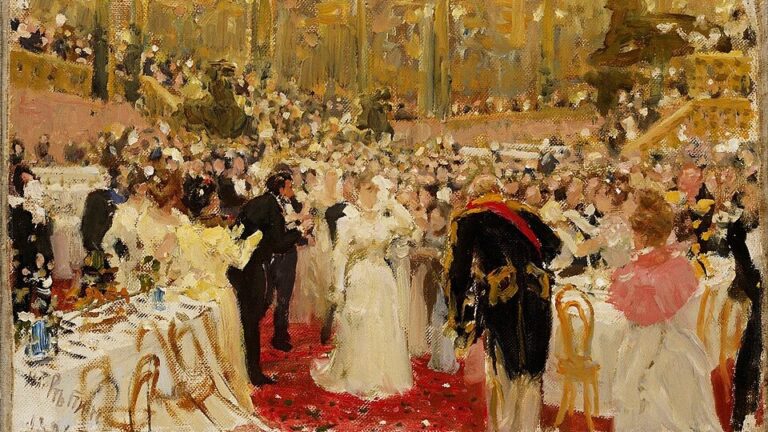The following is a translation of an article written by Zoltán Pető, a research fellow at the Thomas Molnar Institute for Advanced Studies of the University of Public Service, originally published on Ludovika.hu.
Hungarian–American Catholic philosopher, historian, and political thinker Thomas Molnar expressed his most detailed critique of utopia in his work titled Utopia: The Perennial Heresy. In the book, Molnar set out to show the basic ideas that underlie his interpretation of the typically utopian ideas about politics, the State, and society. According to him, the desire for utopia is the result of a form of thinking that is the consequence of a ‘very strong’ utopian tendency in the human mind and that ‘appears in almost every age’. However, it is only in our own time that it has become a hegemony. One could also say that in his book, Molnar finds that it is not only fantastic and literary ideas such as Campanella’s The City of the Sun or Bacon’s The New Atlantis that can be considered utopian since modernity has simply attempted to put these fantastic or satirical literary concepts into practice.
According to the political thinker, ‘the utopian believes that it is enough simply to demand that the world become virtuous’, i.e. they proclaim a voluntarism that does not care at all about the objective limitations of human nature and blames everything on ‘unfavourable circumstances’. In addition, the political theology of utopian thinking is not fundamentally determined by whether or not utopians believe in God, but rather by the fact that, whether or not they do, they deny original sin and pretend that a state of divine wisdom and purity is also available to man without further ado. ‘The utopian is unquestionably an irrational man. In his mind the supreme equation is this: “Everything is equal with everything else.” This is not only political truth for the utopian, the truth of total democracy, but it is chiefly an ontological truth (pantheism).’
The critique of utopian thinking also appears—from a very different perspective—in another very important work of Molnar’s, and perhaps the one better known to the Hungarian reading public, titled The Liberal Hegemony: The Rise of Civil Society. Liberalism, according to Molnar, is above all ‘the ideology of civil society’. As he puts it in the concluding chapter of his book, ‘barely two centuries ago, liberalism had broad-minded, courageous champions with great imagination; today it has only unimaginative and cowardly bureaucrats anxiously scanning the horizon to discover heresy.’[1]
Perhaps the most exciting aspect of the work is that its author is brave enough to challenge completely the established thinking and vision that takes historical progress and the associated rise of liberalism for granted. This idea has been so dominant in European public thought since the 19th century, and even since the 18th century, that it seems almost impossible to challenge it. Molnar’s analysis, however, remains coherent and logical throughout, while completely rewriting this familiar framework.
The basic idea of the book is that three social ‘actors’, the Church, the State, and civil society are natural forms of human coexistence
and that these three forms exist everywhere, from tribes to empires. These three actors are constantly trying to outdo each other because they share a common desire to dominate society as a whole, but since until modernity none of them had the power to do so, they have remained in a state of equilibrium. The State decides, implements, and organises; the Church exercises spiritual and moral authority; and civil society represents constant movement, its activity extending to all that is strictly speaking outside the domains of the State and the Church, such as agriculture, commerce, industry, banking, and education. It is the relationship between these three institutions that, according to Molnar, determines the fundamental cohesion of political order.
In modernity, however, one of the members of the trinity, civil society, is striving to achieve a hegemonic role.
The clash of liberalism with the State and the Church is primarily a conflict of worldviews, since the activities of civil society, unlike those of the other two basic institutions, are entirely material—as Molnar argues, the activities of civil society can hardly be ritualised and are not at all surrounded by mystery.
Liberal ideology denies the State and the Church first and foremost because it is convinced that power is something absolutely evil in itself. Nevertheless, it is also a necessary evil, since, liberals, unlike anarchists, for example, admit that, (unfortunately), it cannot be completely eliminated. According to Molnar’s analysis, it follows from this statement that liberalism seeks to divide power between entities with little influence in themselves, such as churches, groups, lobbies, and arbitrary and spontaneous assemblies. All the same, liberalism creates quasi-feudal constructs which themselves seek power. In this respect, liberal ideas of power-sharing fail: just as in the Middle Ages the weak state and the strong landlords, today the media behave in a similar way in the conflict between ‘groups’ and the State.
According to the philosopher, today’s media to a greater or lesser extent takes over the social function of the medieval church as well, but it is also ideology that is behind the organisation of the media consensus—and those who do not express themselves in the fashionable jargon are always outside the consensus. However, Molnar argues that society cannot be expected to function entirely along the lines of the idealised ‘market’, and it is a real utopia to hope that all the roots of man can be cut off by values that cannot be converted into money or material interests. After a while, it always becomes clear that universal justice and freedom promised by the utopia of the market is neither realistic nor feasible.
Related articles:
[1] Translated by Hungarian Conservative.
Click here to read the original article.

